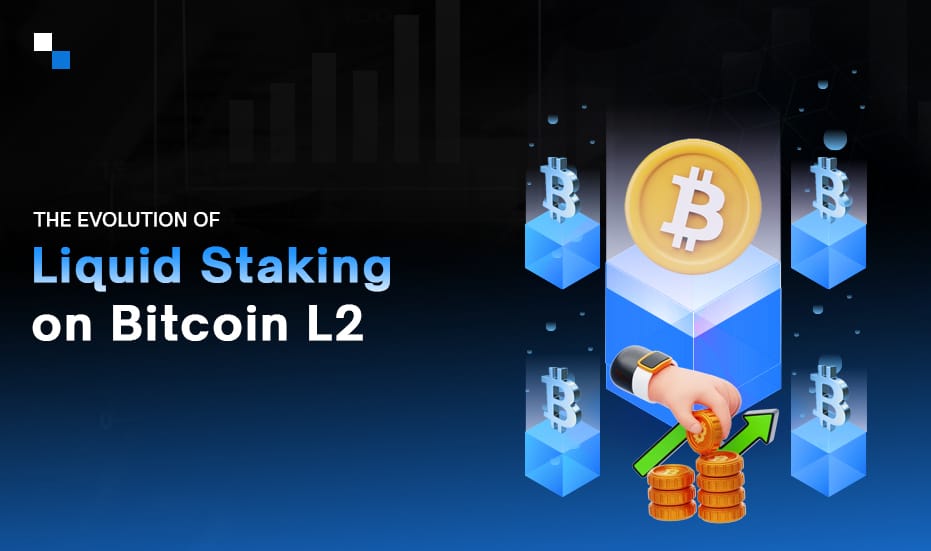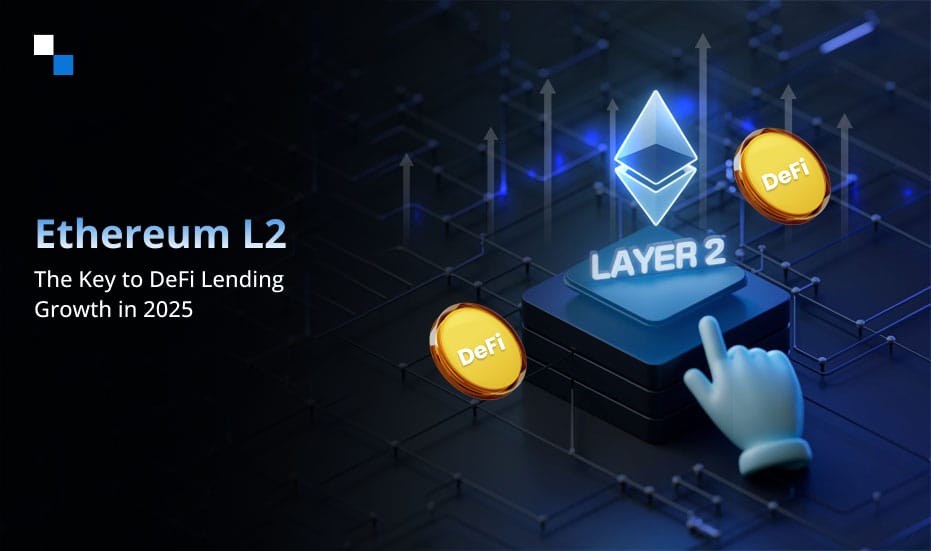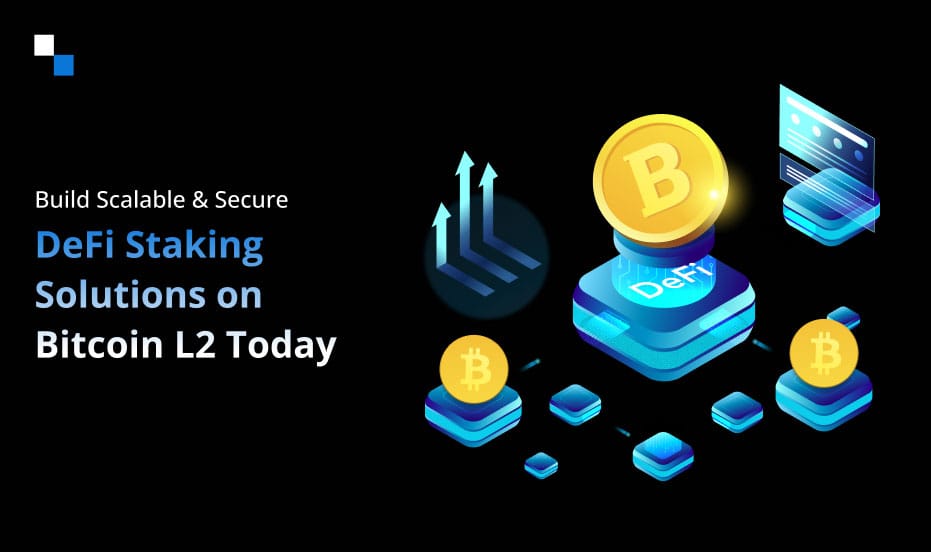
Learn How To Build Ethereum dApp
August 5, 2022
Binance Smart Chain dApp Development: Everything You wanted to know
August 5, 2022DeFi has suffered the most in the latest bear market. But this did not stop the DeFi leaders from growing and that is why we saw liquid staking becoming the latest trend in the crypto space. Decentralized finance development for liquid staking enabled users to stake and unstake any token without enabling the transactions. This is made possible by representing the staked funds with tokens that can be traded as regular crypto tokens so that users can still earn staking rewards.
But as a DeFi development company, we need to keep a pulse on the emerging trends that will trigger the next DeFi summer.
Trend #1 Crypto bridges
One of the biggest difficulties in the blockchain space is the blockchain silos. Tokens issued on one chain cannot be used on another chain and this is limiting the potential of blockchain. Not only does it create technical barriers, but it also limits the traders from sending value from one chain to another.
Crypto bridges are becoming a big trend in the DeFi sector as these enable sending value across blockchains. Not only value but the information also allows users to access other chains. Thus, the users on one chain can access decentralized apps (dApps) on another chain.
Types of bridges
DeFi development services are developing two types of crypto bridges:
1) Trusted Bridges
As the name suggests, the trusted bridges are centralized in their nature. There is a central party that operates the bridge and holds the custody of the assets transferred across the chains that are participating in the bridge.
Develop your own DeFi Platform
Schedule Free Demo2) Trustless bridges
Trustless bridges are operated by smart contracts and trading algorithms. No central entity controls them.
Risks associated with crypto bridges
As a decentralized finance development company, we understand the risks associated with both types of bridges
1. Trusted bridges are similar to centralized exchanges or wallets so the users of trusted bridges are exposed to custodial risk.
2. Trustless bridges, on the other hand, don’t require users to hand over the custody of their assets to the platform owners. That means users put their trust in smart contracts that are susceptible to hacks if not audited properly.
Trend #2 Self-repaying loans
One very interesting development in the DeFi space is the self-repaying loans. In simple words in a self-repaying loan, the borrower uses the yield on his deposits to pay for the loan that he takes against the same deposit. An example of a self-repaying loan DeFi development service is where a user deposits capital into a DeFi protocol. The protocol is designed in a way that it allows a user to instantly borrow up to 50% of the deposit.
These are essentially high yield generating lending protocols. The 50% of the capital deposit stays locked and is used along with the yield to pay back the money that the user borrows. As a DeFi development company, let us explain this to you with a simple walk-through example. A user holds a stablecoin, let’s say 100 BUSD in his MetaMask wallet. To take a self-paying loan, he connects his MetaMask wallet to a DeFi protocol that enables these loans. The user will have to deposit his 100 BUSD via MetaMask to the DeFi protocol. The protocol will allow users to take a loan of 50 synthetic stablecoin tokens while 50 BUSD will remain locked in the protocol. On his locked 50 BUSD, he will earn a certain yield and that yield will be used to repay the loan.
Risks with self-paying loans
Users need to trust the smart contracts of self-paying loans. So, if you plan to develop such a DeFi protocol, make sure you get the smart contracts properly audited to avoid any hacks.
Trend #3 Synthetic securities
Synthetic assets find a very strong use case in decentralized finance development. We have seen their use even in self-paying loans. These were introduced to bridge the gap between the traditional commodity market and the crypto market. Using smart contracts, the stocks of a traditional company like Apple can be transformed into synthetic assets which are then traded on crypto exchanges.
These synthetic securities are becoming more popular than traditional securities because they can be traded in a 24/7 liquid market and can be purchased across borders. Apart from this these synthetic securities can be parked in liquidity pools for yield farming.
Wrapping it up
As the leaders in decentralized finance development, we keep a pulse on these emerging trends in the DeFi space. These trends will continue to evolve and will certainly disrupt how decentralized finance will create new opportunities in the crypto market.
If you want to keep pace with the evolving DeFi trends and launch ingenious platforms, we can help. We leverage our market knowledge and deep domain expertise to develop and deliver great products that help you disrupt the market.
Connect with our subject matter experts to share your needs for decentralized finance development.



